Foreign investment in yuan assets maintained sound momentum in the first quarter of the year, with net foreign investment in China's securities market hitting a relatively high level over the past three-year period, official data showed on Friday.
In the first quarter of 2024, China has maintained a basic balance in international payments. The country's two-way cross-border investment continued its steady development as the net increase of financial assets reached $138.9 billion, Wang Chunying, a spokesperson for the State Administration of Foreign Exchange said on Friday.
Foreign investment inflow into China continued to grow, with the net increase in financial liabilities reaching $64.5 billion. The net inflow of overseas investment in China's securities totaled $32.2 billion, remaining at a relatively high level while the momentum for overseas investors opting for yuan-based assets continued improving, Wang said.
Wang noted that the country's high-quality development as well as the continuing rebounding and stabilizing economy is conducive to maintain the basic balance in international payments.
Currently, the external environment is becoming more complex and challenging. The momentum of global economic growth remains weak and inflation has eased from its peak but remains stubbornly high, leading to divergence in major economies' growth and monetary policies, the Monetary Policy Committee of the People's Bank of China (PBC) said during its quarterly meeting held on Tuesday in Beijing.
The PBC, China's central bank, said the country's economy continued to recover and that high-quality development is being boosted, but still faces challenges such as lack of effective demand and weak consumer sentiment. Against this backdrop, it vowed to effectively implement targeted monetary policies, increase focus on countercyclical adjustments and leverage dual-function of monetary policies to expand domestic demand and revive confidence.
The meeting pointed out the need to step up support for key strategic fields and resolve weak links to accelerate the development of new quality productive forces, while strengthening support for the large-scale renewal of commercial equipment and the trading-in of consumer goods.
The central bank said it will step up financial support for the country's property market to help the establishment of a new development model for the real estate market. Recognizing new changes in the property market, the central bank said it will boost the implementation of financial policies already announced to meet residents' expectations for quality homes and promote the healthy development of the real estate market.
"China is expected to reach its pre-set annual GDP growth target of around 5 percent in 2024," Hu Yifan, regional chief investment officer and head of macroeconomics for Asia-Pacific at UBS Global Wealth Management, said in a note sent to the Global Times on Friday.
The country's service consumption sector will take the lead in demonstrating China's economic resilience, especially travel, transport and catering sectors have shown notable growth, Hu said, noting that China's auto consumption will likely rebound in the second half of the year.
As for the property market, a number of new policies announced by regulators are expected to boost market activity, according to Hu.









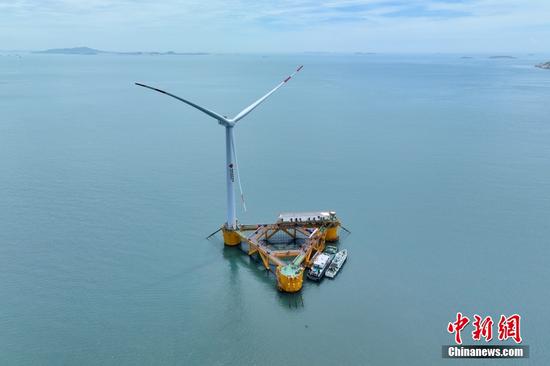
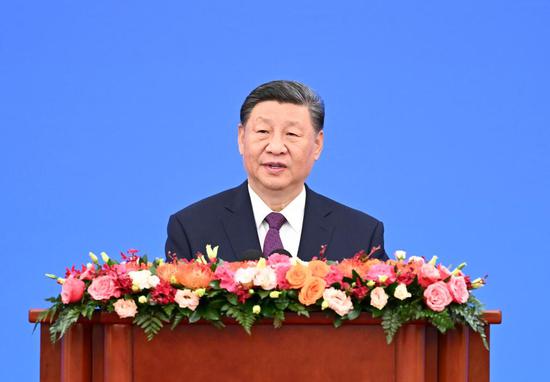

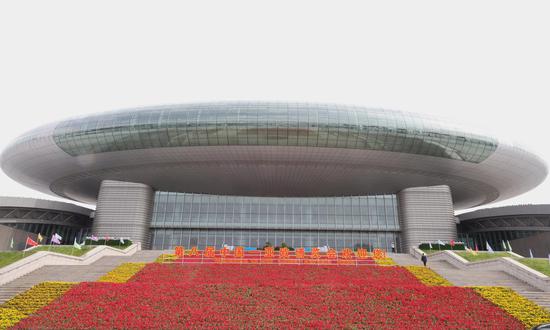




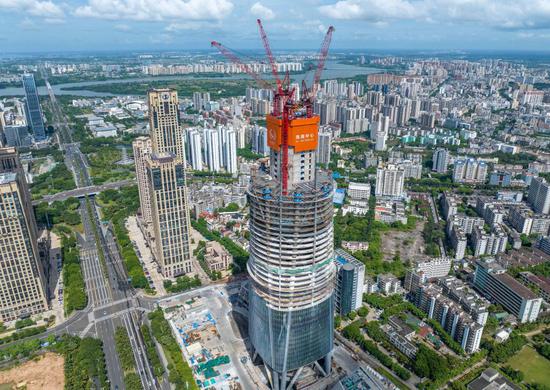




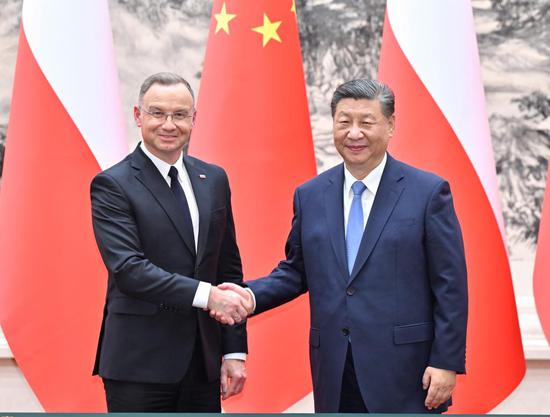





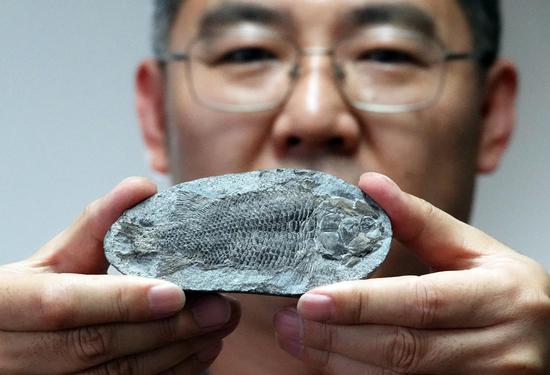













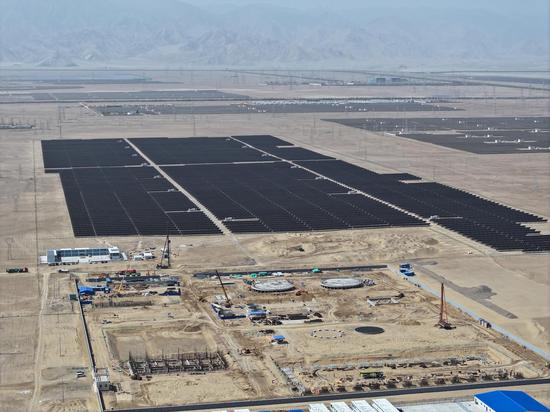







 京公网安备 11010202009201号
京公网安备 11010202009201号